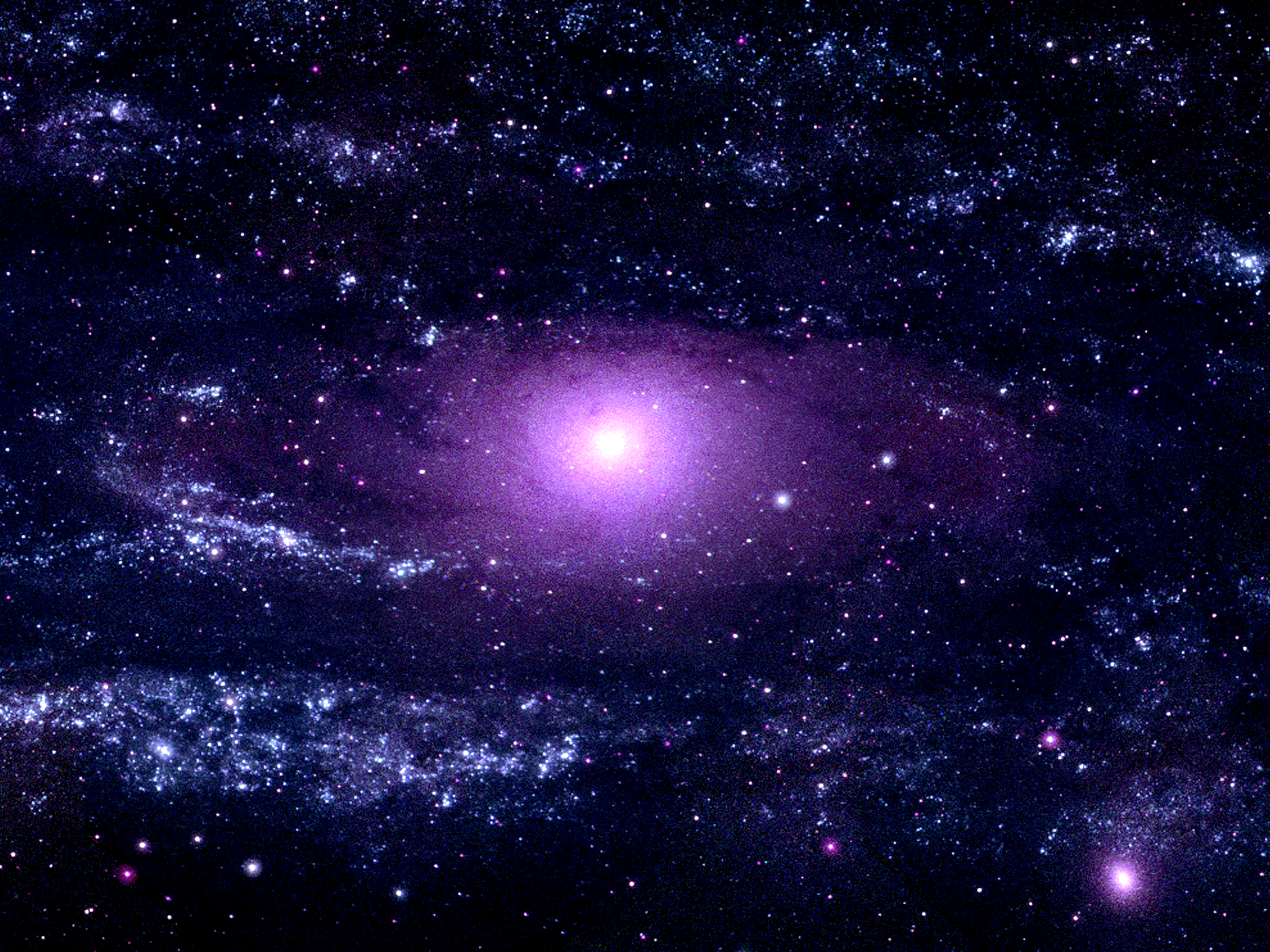It all started with a bang, but the universe may not be expanding after all
Theoretical physicist Christof Wetterich publishes paper 'a Universe without expansion'

A theoretical physicist looks set to disrupt textbook concepts of cosmology, after producing a paper outlining his theory that the universe is not expanding after all.
The most widely accepted theory of the universe centres on the notion that the world started with a big bang, and has been expanding ever since.
But Christof Wetterich, a theoretical physicist at the university of Heidelberg, has produced a paper theorising that the universe is not expanding, but the mass of all of its particles are instead increasing.
His theory could potentially help examine the more problematic aspects of the big bang theory, such as the ‘singularity’ present during the big bang.
In his paper: A Universe Without Expansion, Wettrich discusses a cosmological model "where the universe shrinks rather than expands during the radiation and matter dominated periods".
His paper was published on the arXiv preprint server. In his abstract, he writes: "Only dimensionless ratios as the distance between galaxies divided by the atom radius are observable. The cosmological increase of this ratio can also be attributed to shrinking atoms."
In the 1920s, astronomers such as Georges Lemaitre and Edwin Hubble analysed the light emitted or absorbed by atoms, which appeared in a spectrum of characteristic colours, or frequencies.
When matter moved away, they discovered that galaxies exhibited a shift to the red, lower frequency part of the spectrum.
After observing that most galaxies exhibit a red shift that became greater for more distant galaxies, they theorised that the universe was expanding.
However, Wetterich highlights that this light emitted by atoms is also determined by masses of the elementary particles, and in particular, their electrons.
If the mass of an atom increases, it emits more energetic photons. If the particles were to become lighter, frequencies would become redshifted.
Writing in Nature News, Jon Cartwright explains: “Because the speed of light is finite, when we look at distant galaxies we are looking backwards in time — seeing them as they would have been when they emitted the light that we observe.
“If all masses were once lower, and had been constantly increasing, the colours of old galaxies would look redshifted in comparison to current frequencies, and the amount of redshift would be proportionate to their distances from Earth.
“Thus, the redshift would make galaxies seem to be receding even if they were not.”
For Wetterich, the universe still expands rapidly during a temporary period called inflation, but before this inflation, the big bang no longer contains a ‘singularity’ where the density of the universe would be infinite. Instead, Cartwright continues, “the big bang stretches out in the past over an essentially infinite period of time".
“The current cosmos could be static or even beginning to contract,” he adds.
Wetterich’s paper has not yet been peer reviewed but has been received with both interest and scepticism by other cosmologists in the field.
“I think it’s fascinating to explore this alternative representation,” Hongsheng Zhao, a cosmologist at the University of St Andrews told Nature News. “His treatment seems rigorous enough to be entertained.”
However, Niayesh Afshordi, an astrophysicist at the Perimeter Institute in Waterloo, Canada told the journal he "remained to be convinced about the advantage, or novelty, of this picture."
Unfortunately, the plausibility of this concept is currently impossible to test, but Wetterich argues it could be a useful concept to use when considering different cosmological models.
Subscribe to Independent Premium to bookmark this article
Want to bookmark your favourite articles and stories to read or reference later? Start your Independent Premium subscription today.

Join our commenting forum
Join thought-provoking conversations, follow other Independent readers and see their replies